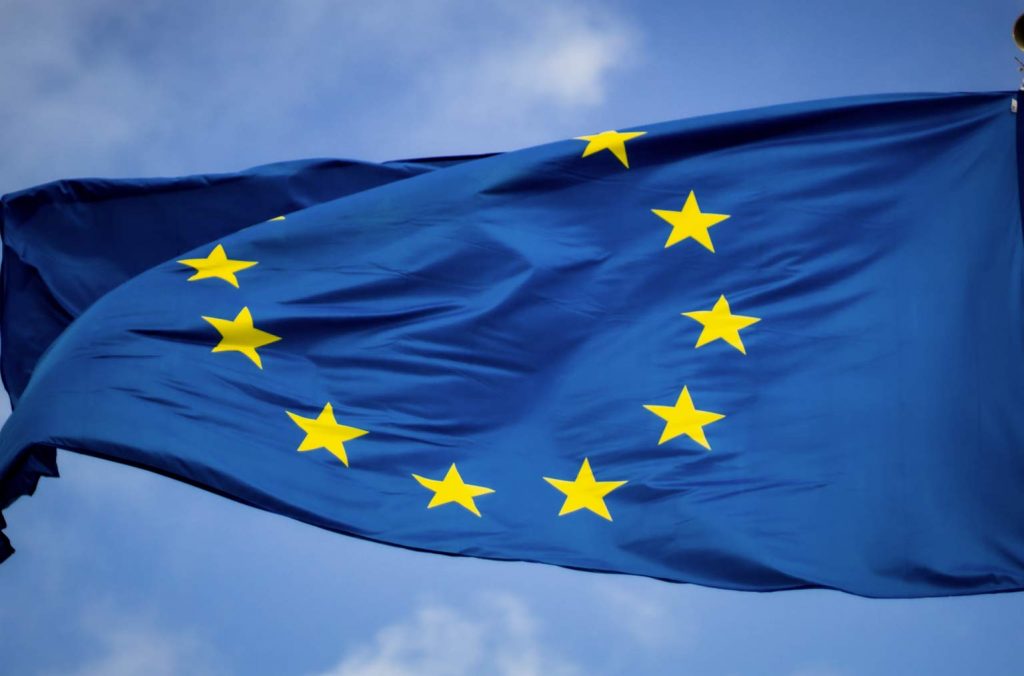
Morning Brief – How to tighten without tightening
How to tighten without tightening
As the ECB learned last week, the easiest way to de facto tighten policy is to allow others to do it for you. At the press conference last week, President Lagarde did not reveal similar vulnerabilities to the ECB’s monetary outlook as the Fed had done the evening prior. The Euro has been hampered throughout the two-year+ era of post-Covid central bank tightening. It has maintained a dovish stance versus its fellow G10 central banks. Not only was it late to the rate adjustment party but the ECB also frequently failed to convince the market is was dedicated to raising rates to combat inflation. After last week, perhaps the tables have finally turned.
Having struggled to convince the market of its hawkish intentions, the ECB last week found itself in a ‘hawkish by default’ position. With other publishing banks cowering to market pressure to cut rates early on next year, a consistent ECB has dragged Euro swap rates higher. So far the move in European fixed income is likely insufficient to conclude EURUSD should maintain the highs north of 1.10 observed briefly last week. Despite that, if it had not been for a soft set of French and German PMIs on Friday, such positioning in EURUSD may have been sustained for longer.
Whilst last week’s FX winners were determined by the avoidance of losses, a new way to win the central bank driven FX war will soon emerge. Inflation and interest rates will remain pivotal in this late cycle environment we find ourselves in. However, real rates should start to dominate the show. The other way to de facto tighten policy without actually adjusting rates and other than keeping your head below the parapet is with inflation readings. Despite the causality between interest and inflation rates, there is a degree of randomness within interest rate data readings. They are after all statistics with a non-negligible margin for error. Those economies that get lucky with soft inflation data readings early next year (prior to the easing cycle that will likely start from Q2 2024 onwards in many economies) will temporarily hold a higher real rate of interest. Hot money flows will likely favour such currencies.
Discussion and Analysis by Charles Porter

Related Insights

Daily Brief – Strong USD
Strong USD Those punitive tariff threats – Copper 50%, Brazil 50% and Pharmaceuticals 200% had a marked effect on USD. Bizarrely, while POTUS has been conducting his self-harming measures on the USA and the USD, he sees no contradiction in maintaining that he sees USD remaining the primary world reserve currency. A total of 22 […]

Daily Brief – Australia
Australia Falling inflation, sluggish economic growth, a strong currency, lower living standards and low productivity would normally easily add up to an interest rate cut by the central bank: not in Australia where it was widely expected that yesterday would indeed see a rate cut. That is because the Reserve Bank of Australia is worried […]

Daily Brief – Poland
Poland June 2025 will go down as a milestone for the energy sector in Poland as it was the first month that renewable energy overtook fossil fuels as a proportion of Poland’s total energy requirements. Poland is one of the highest emitting countries only behind China, Kuwait, South Africa, and Kazakhstan and despite coal consumption […]



 Humphrey Percy
Humphrey Percy